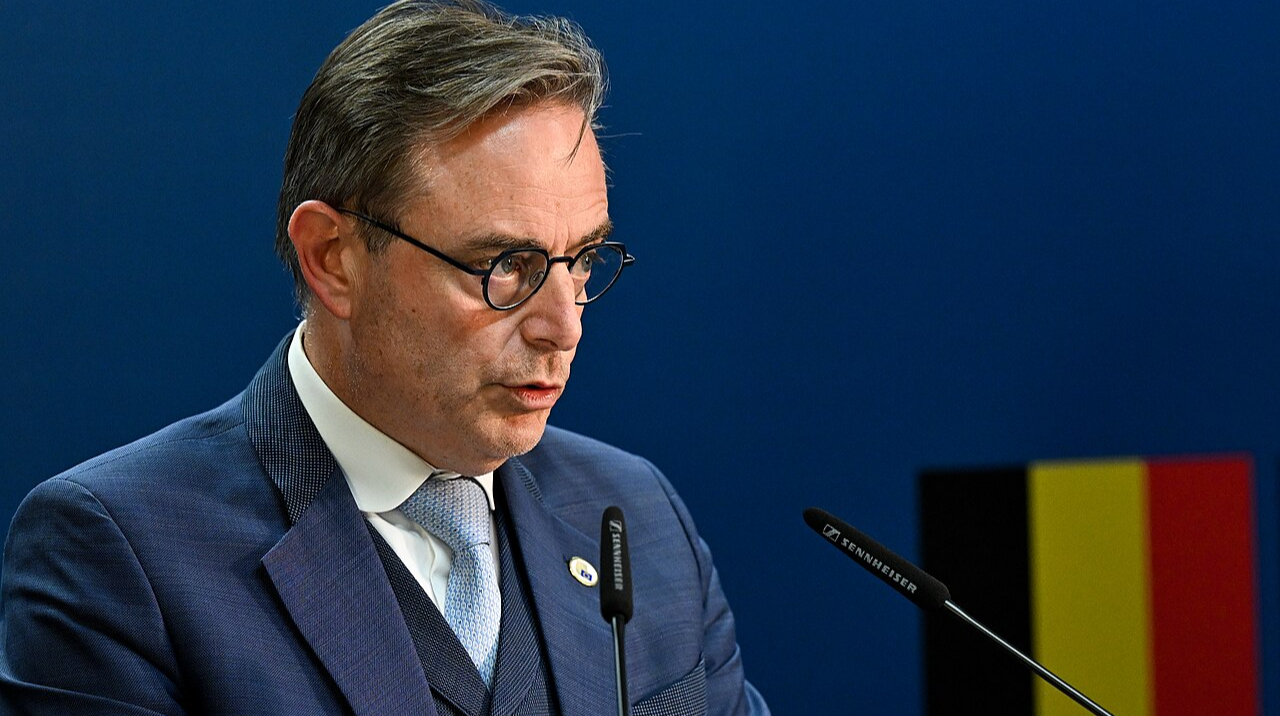“Belgian Prime Minister Bart de Wever said that the EU’s plan to use frozen Russian assets to finance Ukraine could have serious economic and geopolitical consequences.”, — write: www.pravda.com.ua
 Bart de Wever. photo from Wikipedia
Bart de Wever. photo from Wikipedia Source: Euractiv, which read the Belgian Prime Minister’s letter to the President of the European Commission Ursula von der Leyen, “European Truth”
Details: De Wever justified his critical statements by saying that such a scheme is “fundamentally wrong” and could put Belgium in a vulnerable position.
Advertising:
In a letter to von der Leyen, he wrote that the proposal could damage the reputation of Euroclear, the Brussels-based securities depository that holds Russian assets.
“It would be unfair and dishonest to expect that, although the benefits of such a scheme would be shared by all, the costs and risks would be borne by Belgium,” de Wever wrote.
In the letter, the head of the Belgian government expressed surprise at what he called a “complete misunderstanding” by EU leaders of legal and financial risks.
He noted that the Commission has not yet presented any draft legal text, and the “options document” recently provided to the capitals does not take into account Belgium’s concerns.
The prime minister also writes that the plan could prompt investors to sell EU bonds or withdraw funds from Euroclear and other European institutions, “increasing systemic risks” and potentially destabilizing the euro.
De Wever reiterated his conditions: EU countries must immediately and collectively provide liquidity to cover the amount held in Euroclear if sanctions against Moscow are lifted, share the burden of potential legal challenges, and other Western countries holding Russian assets must commit to similar arrangements.
As an alternative, he called on EU countries to give priority to unspent funds from the current seven-year budget.
He also warned that the hasty implementation of the asset scheme could hinder peace talks between Ukraine and Russia.
“The hasty implementation of the proposed reparation loan scheme will have the side effect: we, as the EU, will actually prevent the achievement of a final peace agreement,” de Wever wrote.
He added that the EU must choose between keeping the assets frozen until the end of the war to support reconstruction or using them now to finance Ukraine’s war effort – but not both.
Prehistory:
- The media previously reported that European countries are developing a “plan B” in case they cannot agree on using frozen Russian assets to provide a reparation loan to Ukraine, so that the country is not left without funding in early 2026.
- On Monday, the European Commission said it is continuing work on the preparation of a project to provide Ukraine with “reparation loans” based on frozen Russian assets in 2026-27, despite negotiations on a peace plan for Ukraine.
- The EU’s plan with a reparation loan to Ukraine using Russian assets has stalled due to the reservations of Belgium, on whose territory the main part of Russian assets in the EU is stored and which is afraid of the legal consequences of such a decision.
